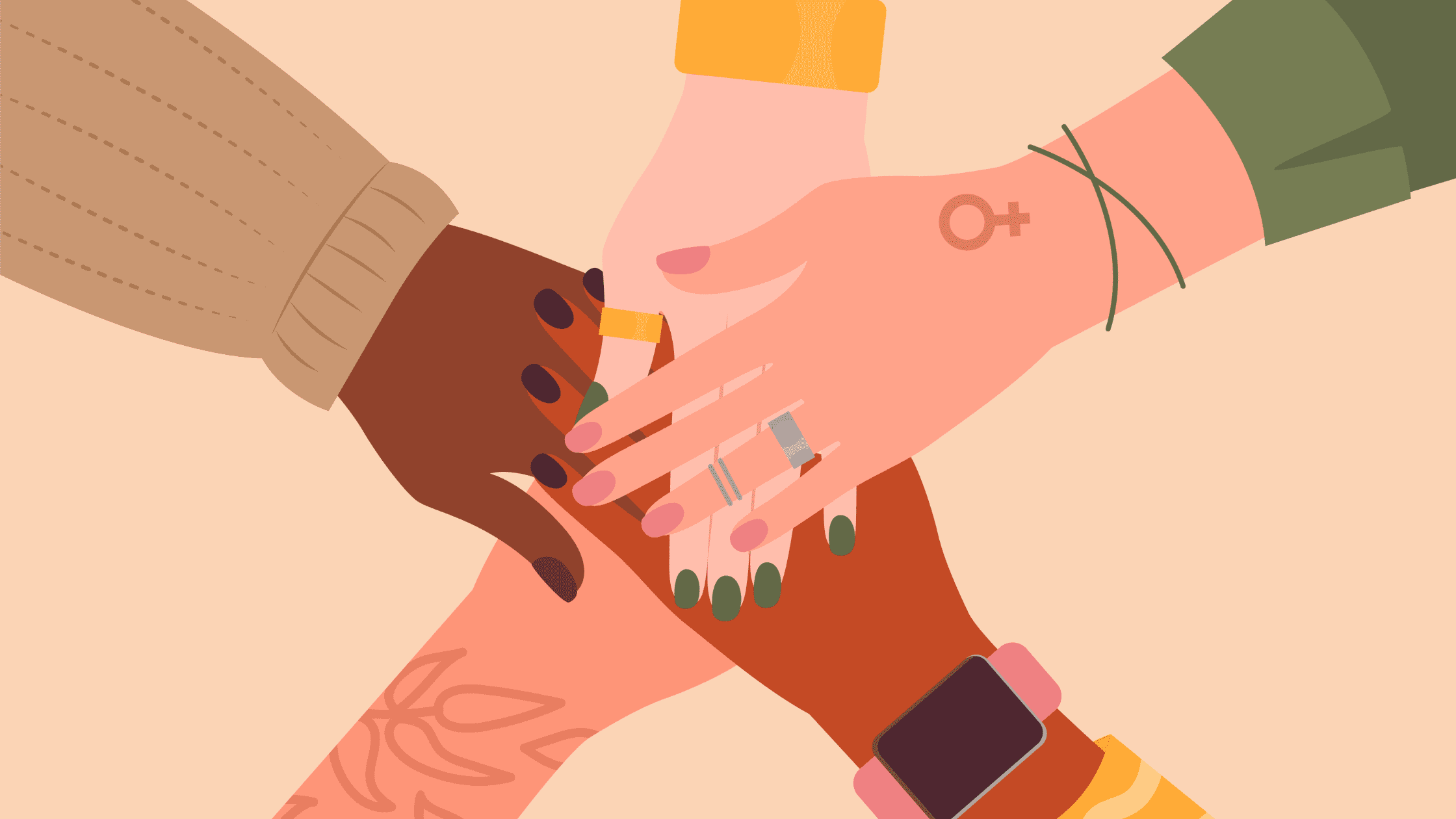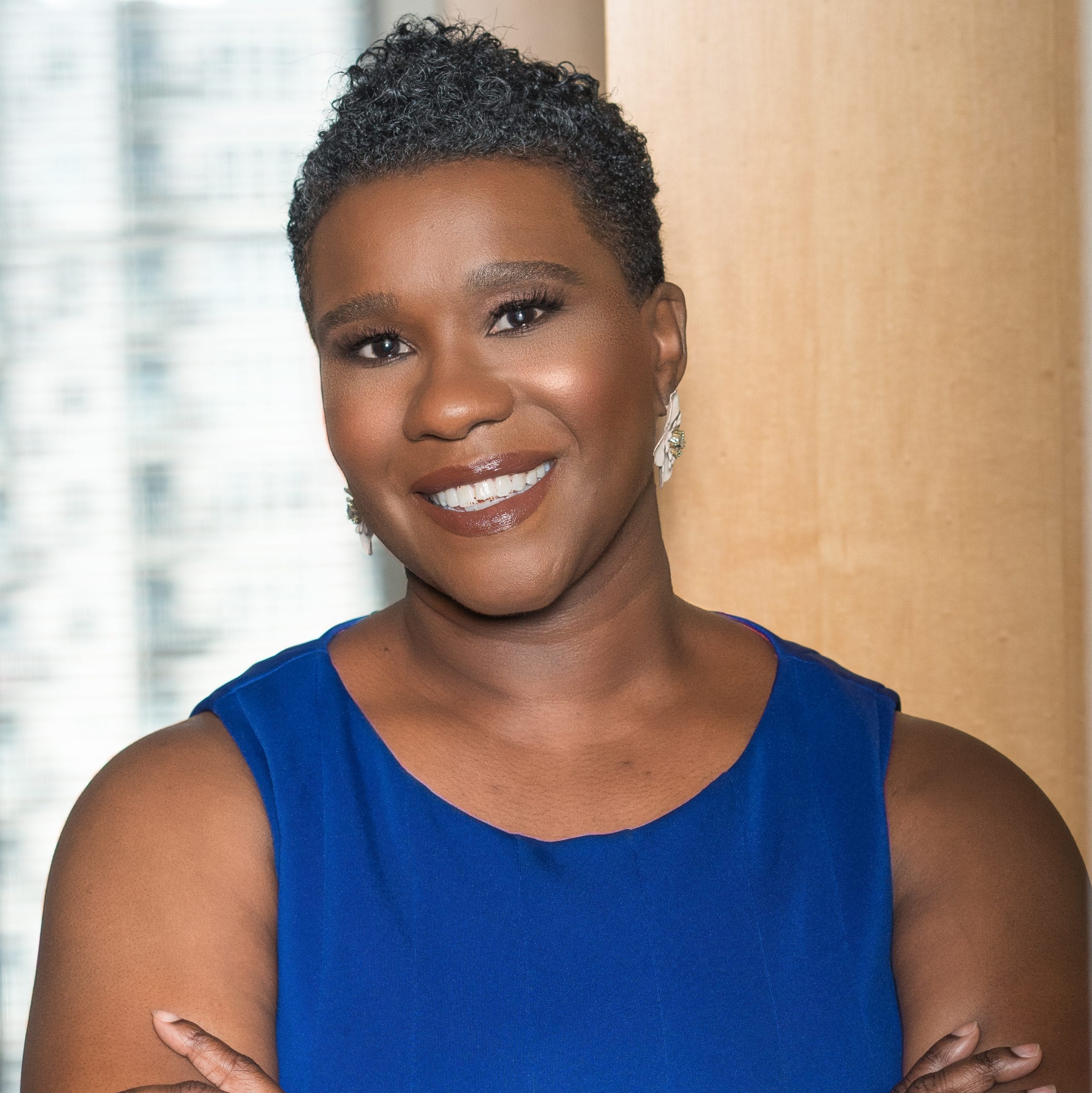Editorial – Ready to Make Your Colleagues Shine?

Diversity, Inclusivity. Parity. Allyship.
Words that are imbued with so much power, potential and promise. Chances are, you believe in the importance of pursuing these goals, but it can still feel daunting. When the goals, and the stakes, are so huge, where can we begin to make change? Without it seeming performative? And who will lead?
Just like any other task, becoming a workplace ally starts with small steps and it’s all within our reach. When ChangeCatalyst asked people what they wanted from allies, respondents described good allies as being trustworthy, helpful, empathetic, supportive, and good listeners.
So yes, the intention needs to be there, but allyship is more than sentiment—it’s also action. That is, “An ally takes action by stepping up and stepping in as an advocate—even sometimes stepping back—so that our colleagues can thrive. An ally also leads the change by correcting unfairness and injustice and removing barriers so everyone can rise.”
And we desperately need allies! According to Deloitte’s 2019 State of Inclusion survey, nearly two-thirds of respondents “reported experiencing or witnessing bias at work. Those who did experience or witness bias also reported it negatively impacting their productivity, happiness, confidence and well-being as well as workplace engagement.”
If you’re ready to lead change through small, but significant gestures, the Guide to Allyship offers many ways to be an ally.
Understand that your education is up to you and no one else. Yes, hearing about the experiences of your female, racialized, LGBTQ+ and other groups that experience discrimination will increase your understanding and empathy, but you should also seek out movies, articles and books that educate you about the reality of all your coworkers.
Transfer the benefits of your privilege to those who lack it. Publicly recognize individuals for their achievements, and recommend them for opportunities, including promotions, speaking engagements and new projects.This in no way diminishes your own potential or casts doubts on your successes. It merely gives others the same opportunities that you enjoy.
Amplify voices. Noticing that some of your coworkers are quiet during meetings, even though you know they have great ideas? Keep some handy phrases on the ready! For example, “I’d like to hear [name] finish his thought” or “Can we circle back to what {name] pointed out earlier in the meeting”. Give a voice back to the individuals who may be hesitating for fear of bias..
Stand up! The Deloitte survey tells us that 84 per cent of those who reported experiencing or witnessing bias said it was “indirect or subtle in nature.” As an ally, pay more attention to notice these microaggressions when they occur, so that you can address them immediately (when appropriate). Or ask your manager for help in correcting the situation.
Own your mistakes and de-center yourself. Becoming more aware of the experiences of others, and noticing how these realities impact the workplace, will cause you to examine and better understand your own perceptions and biases. We all have biases, no matter our background and traumas.
As Dynasti Hunt, a diversity, equity and inclusion coach in San Francisco reminds us, “It’s going to get uncomfortable. It’s going to get painful. It will ask you to look at things that you’ve never seen before. You are literally looking at every piece of your behaviour in life.”
The rewards, however, make it all worthwhile. Being an ally is good for your personal development, for the self-esteem and engagement of your colleagues, and for your company culture. It’s a win-win-win situation!







